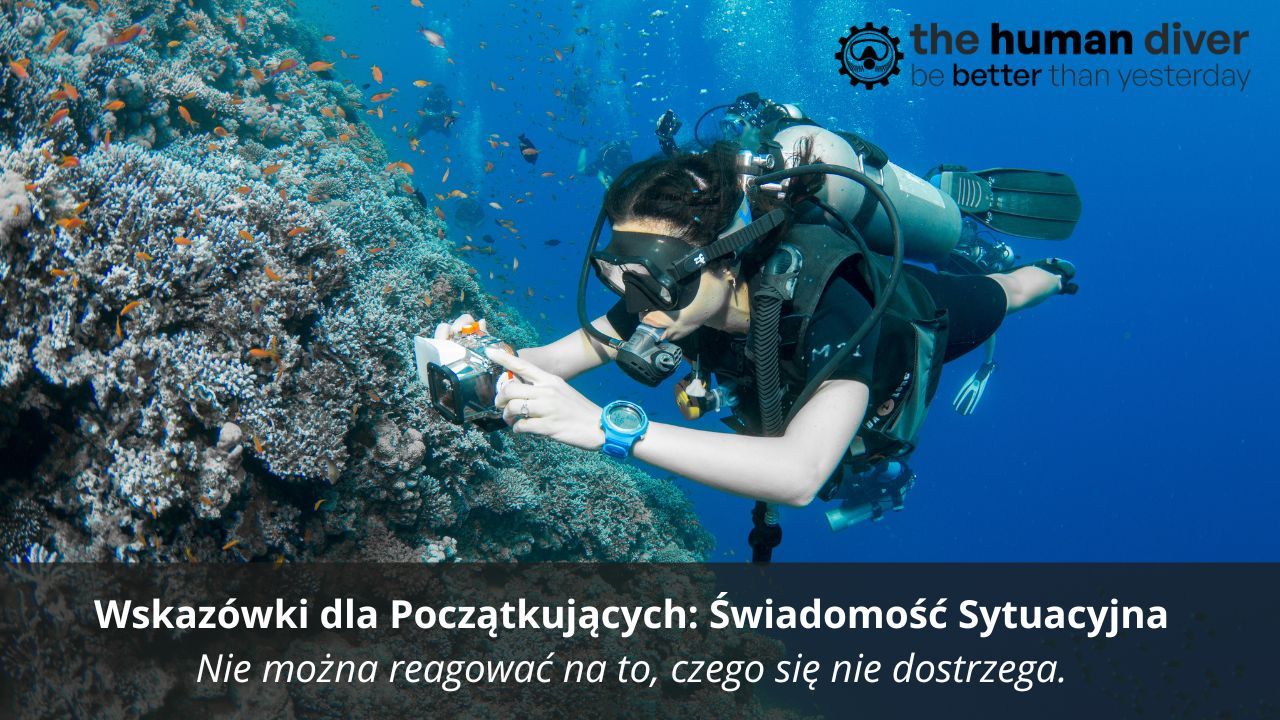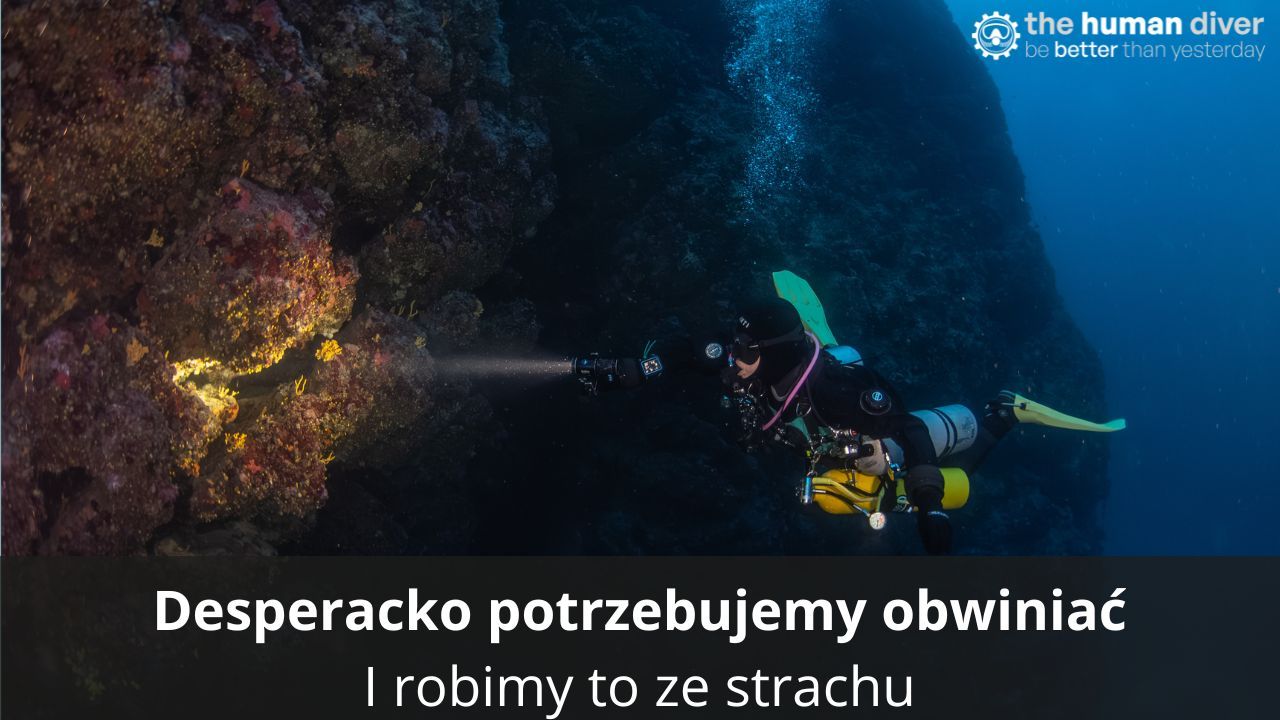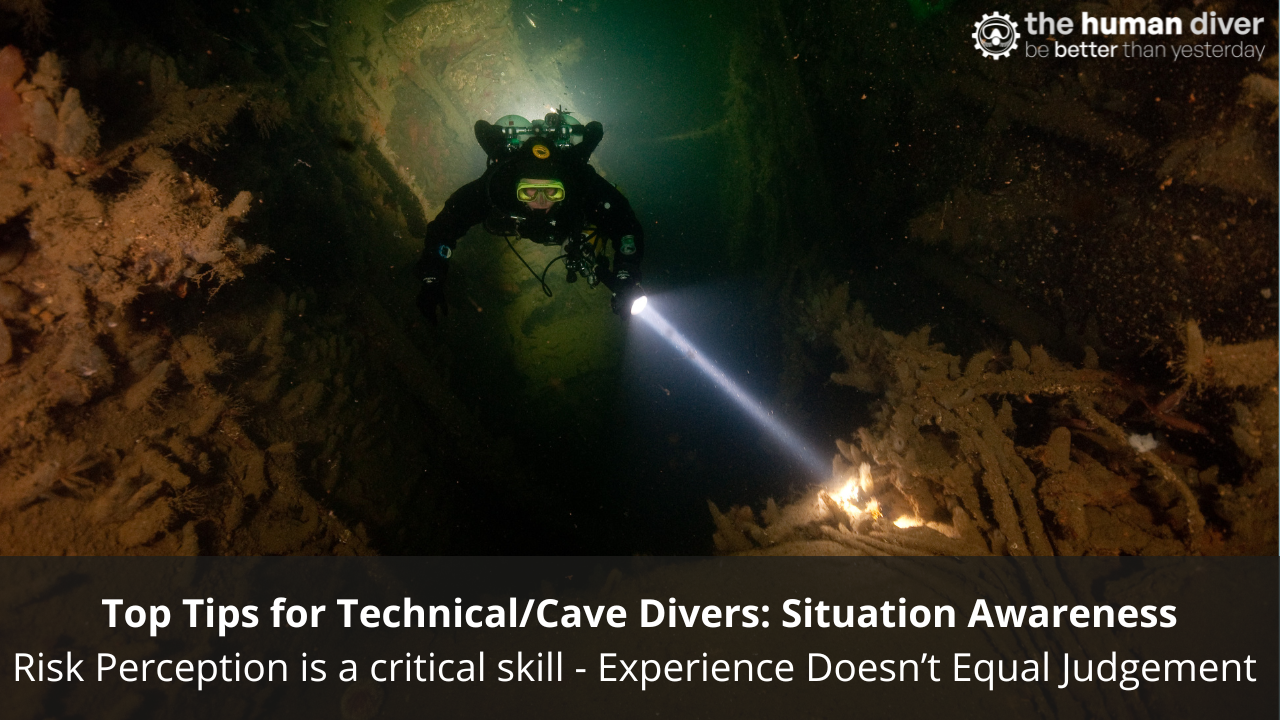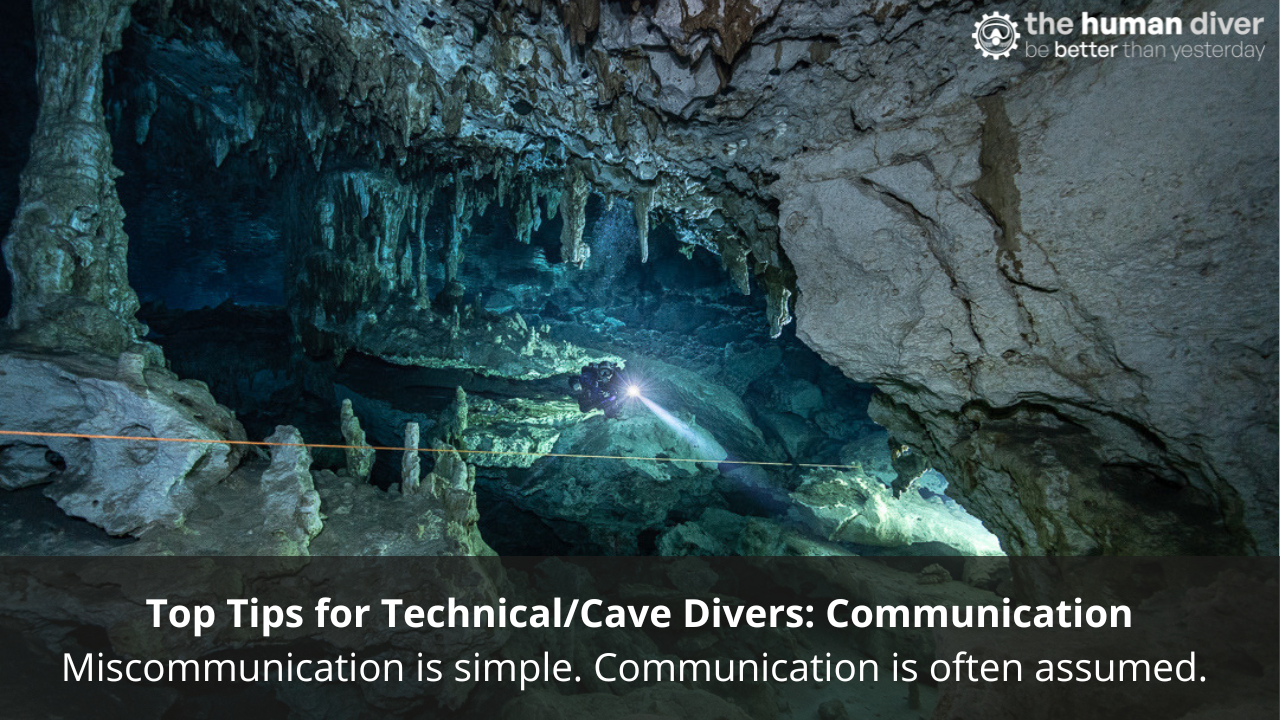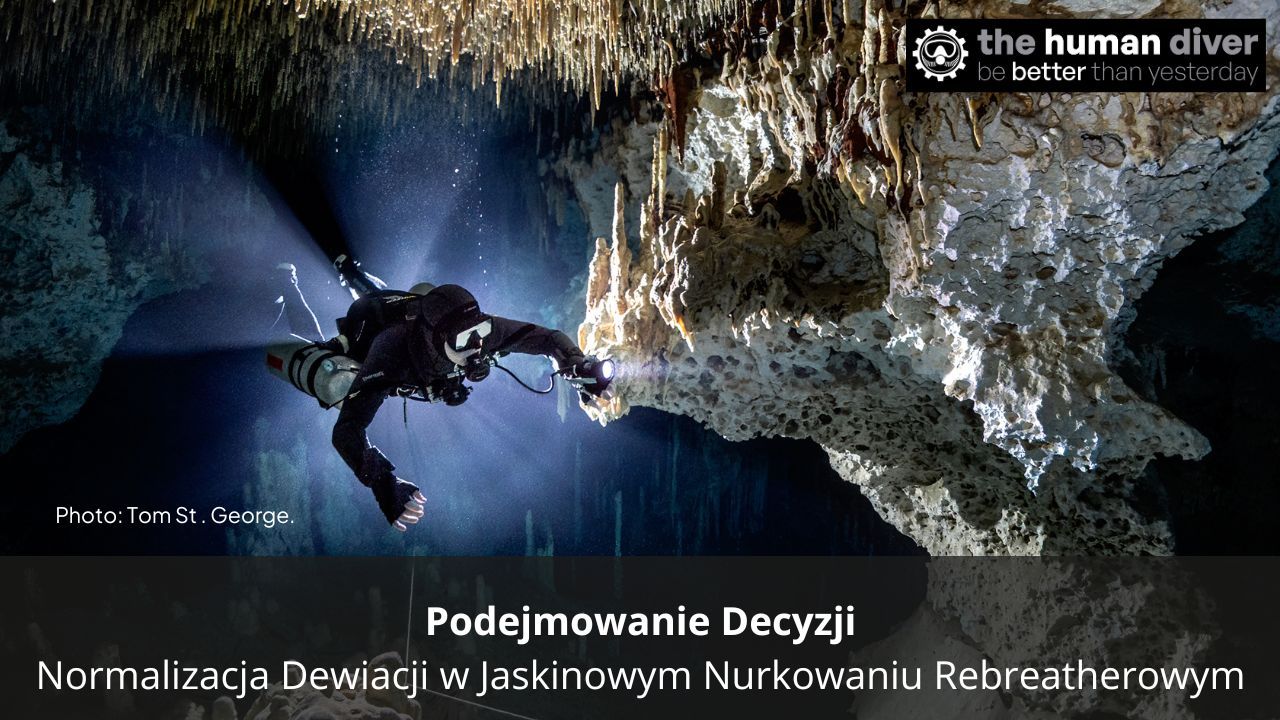
Changing the way we think about training
Sep 20, 2023I’ve spoken about sunk cost fallacy before on this blog https://www.thehumandiver.com/blog/sunk-costs but I saw a comment the other day that really changed the way I look at training courses. It was this
“Sunk costs are hideous but they only bite if your mindset is focused on certification or the title you’ll get. If you focus your mindset on "improving your skills", the time is never lost, but well invested. You get closer to your goal. If you don't make it today, well, you'll make it tomorrow. Who cares about speed when the path is the goal?”
In my previous career I taught various outdoor sports. My favourite was white water kayaking. There’s nothing like the thrill of gliding a small boat over churning water and using that water to help control and steer you. On my regular evening and weekend trips to the local river, I used to paddle with different groups. One of these was a local club, who were lucky enough to have a large and active membership with people at all levels. It was a good mix of older folk who’d been doing it for decades, the young hotshots who were rapidly overtaking their coaches and total newbies of all ages who just wanted to try something different, alongside people like me who’d been going for a few years and had made it a career. A handful of people there were official coaches but most were just keen kayakers who wanted to have fun. The set up was fairly simple- one meeting a week at either the local flat-water river in the summer, or the pool in the winter, followed by a weekend trip to whatever river had enough water in it to be fun. A few times a year official training sessions were held to work towards whatever level you were on, if you wanted to join. The important word there is “if”. There was no requirement to do so. No one was ever pushed into it and because no money changed hands as it was a volunteer system no one was ever pushed into doing training they weren’t ready for.
In my professional life I was always aiming for the next level so I could teach something new but when it came to paddling with the club I found I could relax and enjoy it and yet still learn possibly more there than I did through any “official” training course. I strongly suspect that this was because I wasn’t focused on certs or levels. I had the mindset of “I’m only here for fun” and as a result seemed to end up pushing myself further. I wasn’t trying to do things perfectly to satisfy an instructor, I was just trying to get down the river in control (maybe with a few tricks along the way!). I got to paddle with people who were far more advanced than me, who encouraged everyone equally. And when you watch the best kayakers in the club pull off some crazy move, and then offer to help you work towards it (knowing that it would take months or even years to learn) it meant you could learn and improve in a safe environment.
As a dive instructor I hear people asking “what’s the next course?” all the time. This has been the way the industry has been built after all, more money is made from courses than from fun dives (even guided ones). The very structure is almost a pyramid scheme, you get people in at the bottom, build them up as high as you can, hopefully to instructor or even course director level where they can then start generating their own products, sorry, students. We have become totally goal-focused as a community. The common question to a diver you haven’t met before is “what level are you?”. More often than not what people are really asking is “what’s the maximum depth we can go to?” and “are you competent?”.

How about we change that? The next level doesn’t matter. When I was younger I was a keen rock climber and I would push myself to do harder and harder routes. But this wasn’t to gain some level of certification- it was so I could do harder routes! The path was the goal. I have decided I would really like to do some cave training. When I do, I’m not going to be “going for my Intro to Cave cert”. I’ll be going for training. To learn. To hopefully improve my skills and figure out what else I need to work on in order to follow the path more. When I was climbing I’d look at a route and think “one day I’ll climb that”. I knew I couldn’t just take a course and it would magically happen, it would take time, practise and effort. I shall try to do the same with caves.
So here’s an idea, next time you’re taking a diving course rather than approaching it as “I’m completing x certification” think of it more as “I’m here to improve my skills and learn a bit about x,y,z. If I get a cert at the end of it, that’s a bonus”

Jenny is a full-time technical diving instructor and safety diver. Prior to diving, she worked in outdoor education for 10 years teaching rock climbing, white water kayaking and canoeing, sailing, skiing, caving and cycling, among other sports. Her interest in team development started with outdoor education, using it as a tool to help people learn more about communication, planning and teamwork.
Since 2009 she has lived in Dahab, Egypt teaching SCUBA diving. She is now a technical instructor trainer for TDI, advanced trimix instructor, advanced mixed gas CCR diver and helitrox CCR instructor.
Jenny has supported a number of deep dives as part of H2O divers dive team and works as a safety diver in the media industry.
If you'd like to deepen your diving experience, consider taking the online introduction course which will change your attitude towards diving because safety is your perception, visit the website.
Want to learn more about this article or have questions? Contact us.





